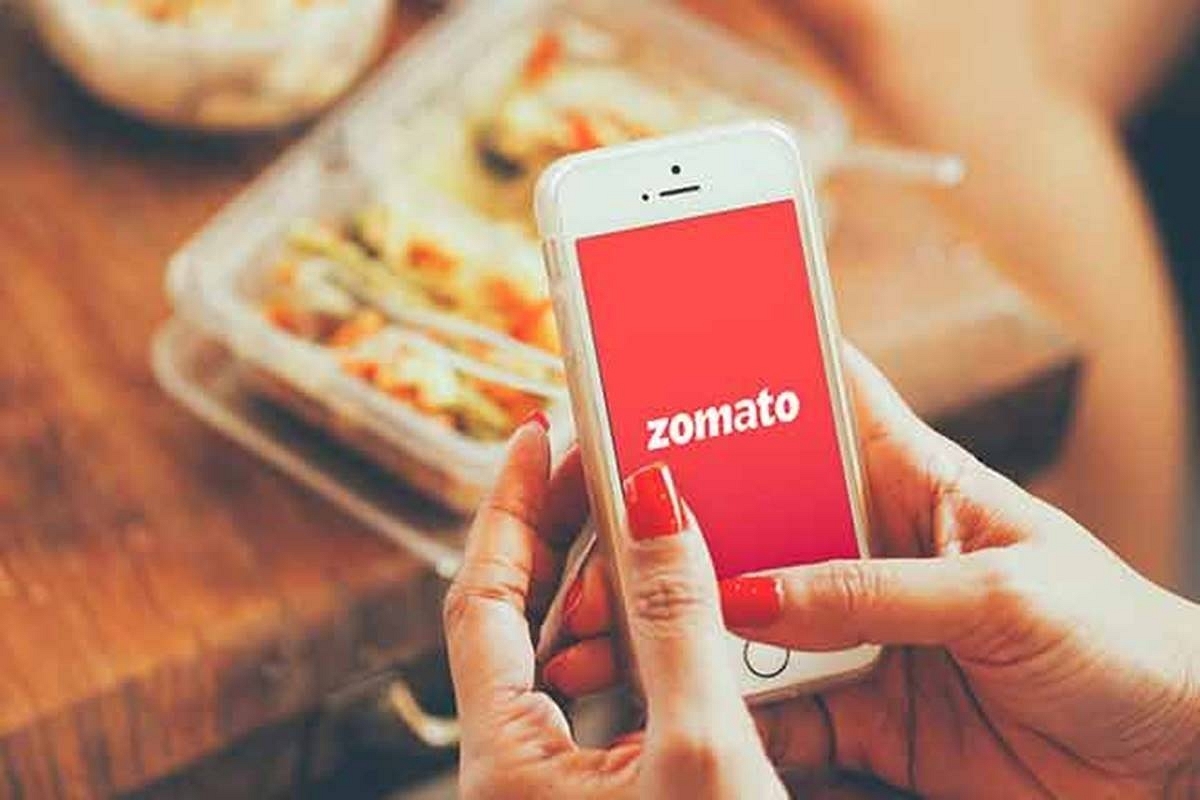Business
The Incredible Stupidity Of Zomato's 10-Minute Food Delivery Model
- The 10-minute delivery model is not good for anybody, including customers seeking instant gratification. They will only become more demanding and more difficult to please in future.

Source: Financial Express
Zomato founder and chief executive officer (CEO) Deepinder Goyal got a well-deserved round of criticism for announcing that his online food and groceries delivery company will deliver food to the customer in 10 minutes flat. The question is not whether the idea will work or not, but whether we are losing sight of something larger here. Two questions arise: is more aggressive pandering to the instant gratification needs of some customers a good thing? And when did treating workers’ interests as secondary to business interests become acceptable?
Speed is now becoming a key point of differentiation between one delivery company and another, and that is not a bad thing in itself. But when speed becomes the only differentiator, clearly the larger social benefits of this business innovation cannot be left unanswered. The race to deliver faster and faster began last year, when Dunzo announced that it will deliver under 19 minutes. This was quickly followed by Grofers converting itself into BlinkIt for 10-minute deliveries. Zomato is merging with BlinkIt in an all-stock deal to use this instant delivery option for its food delivery business.
Let us, at the outset, agree that it should be possible to deliver food in 10 minutes if the area of delivery is limited to one or two km from the kitchen(s), and the menu is restricted to food that is easily stored or prepared in advance. But here’s the point: just because something can be done, it does not imply that it must be done. We have to ask: what is the social cost being paid by this kind of innovation?
We asked these questions earlier when Uber and Ola roped in lakhs of driver partners to take passengers from place A to place B at very low costs. But while the initial level of customer and driver satisfaction was high, as commissions fell and competition grew, neither customers nor drivers retained their smiles. Customers were often left stranded as drivers keep cancelling rides they don’t want to accept, and drivers went on strikes as their earnings plummeted after the ride-hailing companies cut down bonuses and costs to the bone in order to turn profitable as quickly as possible.
The same thing is likely to happen with instant food delivery, as competition forces a shift to speed over the well-being of delivery boys (they are mostly young men). Sooner than later, governments will be stepping in to regulate the business – something we don’t need for a sector that is creating so many jobs that are paying better than comparative lower-skill options. Goyal needs to ask himself whether he is doing his business a favour by bringing forward the day when states will impose mindless regulations. You just need one delivery boy to run over a school kid or senior citizen while doing his 10-minute errand for public outrage to rise to a crescendo.
A small dip-stick study by the Tata Institute of Social Sciences (Hyderabad) found that while the income levels in the delivery business are attractive, job satisfaction is not. Nearly three-quarters of them who have worked for less than a year want to quit, if that were possible.
The key findings of this study (read the full report here) are the following: nearly 65 per cent of those interviewed worked 12 hours or more daily; 60 per cent work seven days a week; those working more than 12 hours a day earn more than Rs 15,000 monthly; and a third earn even more. But mean incomes are much lower.
Put simply, this means the job can deliver high incomes for those willing to drive themselves to the limit every day, but this is likely to result in faster burnout and health issues for many of them in the early half of their lives. Hardly something to be proud about.
A 10-minute delivery plan is hardly likely to make things better, even though Goyal of Zomato explains that things won’t be any different for delivery boys, whether they are on the 30-minute run or the 10-minute one. We know that that can’t be true: when competition arrives, the attempt by managers will be to push harder on the lower time limit.
There is something incredibly stupid about companies trying to become competitive by driving their employees or delivery partners crazy by putting a ticking clock in front of their eyes. While customers are important, employees cannot be any less important.
The 10-minute delivery model is not good for anybody, including customers seeking instant gratification. They will only become more demanding and more difficult to please in future. Goyal should do a rethink.
Introducing ElectionsHQ + 50 Ground Reports Project
The 2024 elections might seem easy to guess, but there are some important questions that shouldn't be missed.
Do freebies still sway voters? Do people prioritise infrastructure when voting? How will Punjab vote?
The answers to these questions provide great insights into where we, as a country, are headed in the years to come.
Swarajya is starting a project with an aim to do 50 solid ground stories and a smart commentary service on WhatsApp, a one-of-a-kind. We'd love your support during this election season.
Click below to contribute.
Latest